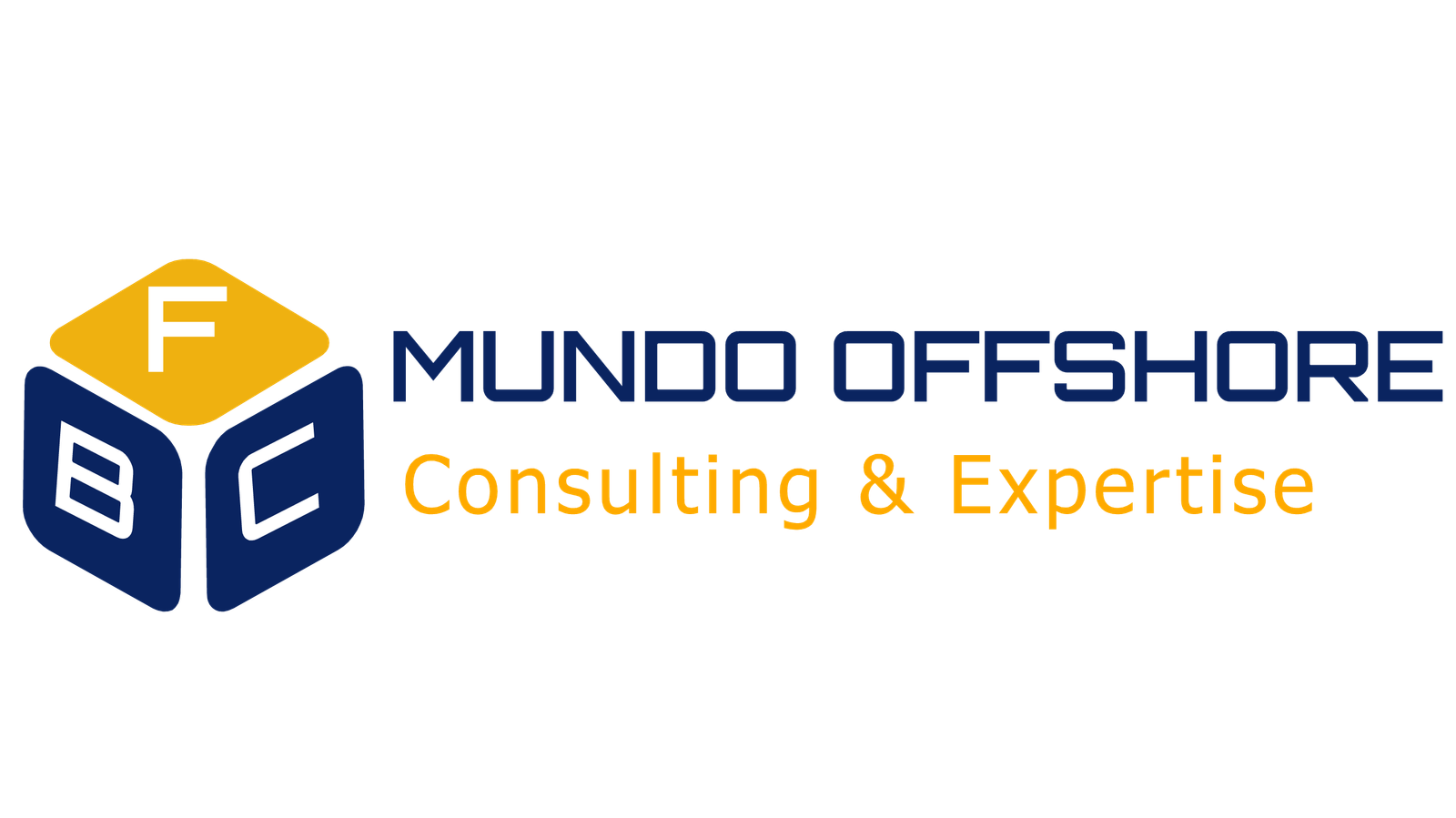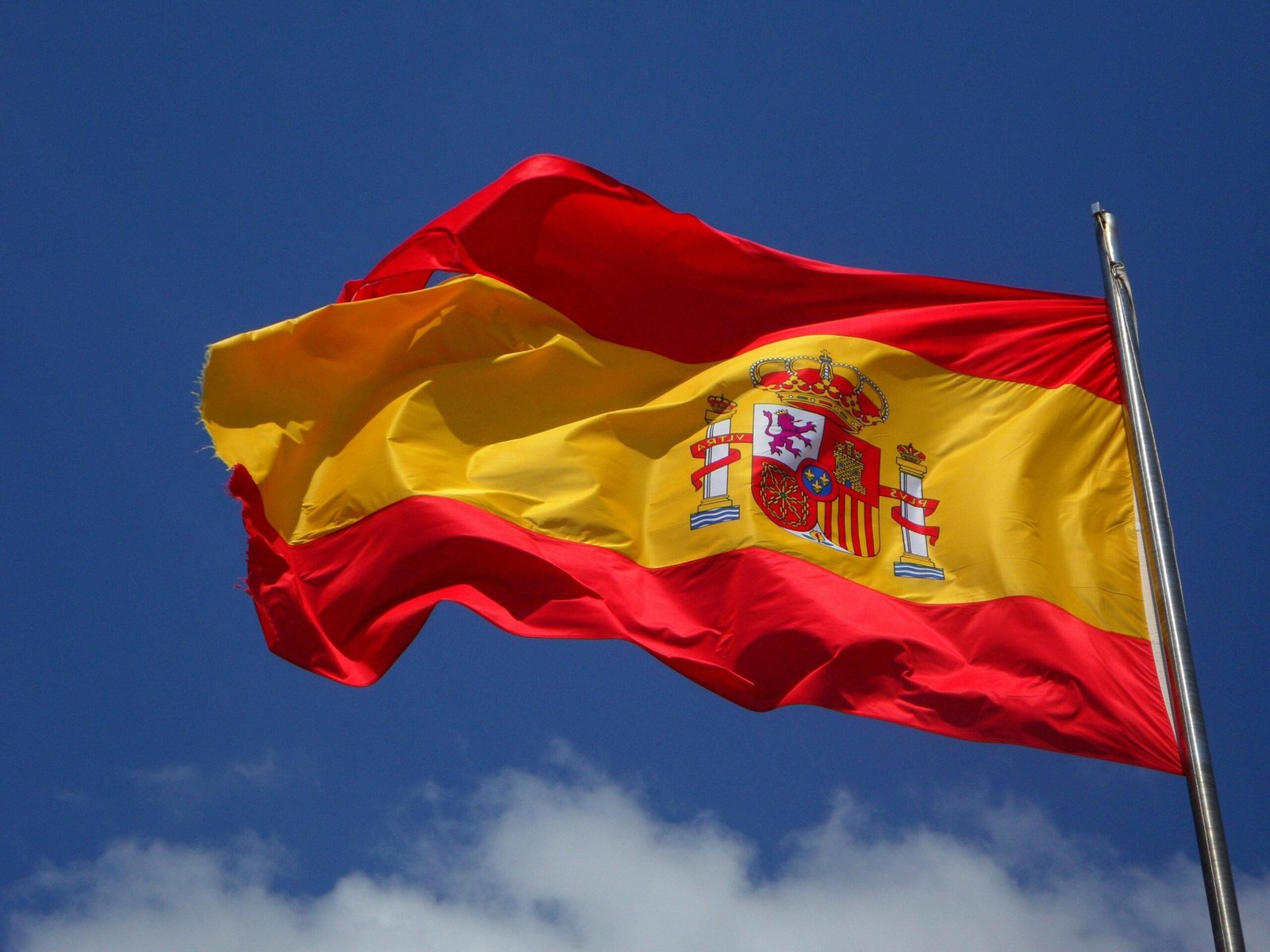Offshore trusts remain one of the most powerful tools for asset protection, estate planning, and international wealth management. As regulations evolve in 2025, setting up an offshore trust requires a clearer understanding of legal obligations, jurisdictional differences, and associated costs. This step-by-step guide will walk you through the essentials of offshore trust setup in 2025, helping you make informed decisions in a changing global financial environment.
Why Create an Offshore Trust in 2025?
An offshore trust allows individuals or families to legally protect assets, reduce inheritance taxes, and ensure financial privacy across generations. In 2025, more high-net-worth individuals are choosing offshore trusts to:
- Shield assets from litigation, divorce, or political instability.
- Plan estates across multiple countries.
- Minimise tax exposure (depending on residence and jurisdiction).
- Avoid probate and maintain confidentiality.
Step-by-Step Guide to Offshore Trust Setup in 2025
1. Define Your Objectives
Before choosing a jurisdiction or trustee, clarify your goals:
- Asset protection?
- Succession planning?
- Philanthropy?
Your objectives will influence the trust structure and type of trust (discretionary, fixed interest, charitable, etc.).
2. Choose the Right Jurisdiction
Not all jurisdictions offer the same advantages in 2025. At Mundo Offshore, we work with a carefully selected group of countries known for their strong asset protection frameworks, tax neutrality, and efficient setup processes. The most trusted jurisdictions this year include:
- Belize – A longstanding favourite for its cost-effectiveness, confidentiality, and flexible trust legislation.
- Nevis – Known for its strong asset protection features and swift incorporation, Nevis trusts are shielded from foreign judgments.
- Panama – Offers robust foundation structures ideal for succession planning and privacy-conscious clients.
- Cook Islands – Renowned globally for its world-class asset protection trust laws and non-recognition of foreign court orders.
Each jurisdiction comes with its own set of rules, reporting obligations, and due diligence requirements. Choosing the right one depends on your goals—whether it’s protecting wealth from litigation, ensuring succession, or maintaining confidentiality.
3. Select a Licensed Trustee
A professional trustee is responsible for managing and administering the trust. Choose a licensed, regulated trustee with a track record in international trust management. In some jurisdictions, using a local licensed trustee is mandatory.
4. Draft the Trust Deed
The trust deed outlines:
- The settlor’s wishes.
- Rights and obligations of the trustee.
- Beneficiaries.
- Duration of the trust.
Ensure that the deed is drafted by a legal expert familiar with local and international trust law.
5. Fund the Trust
Once established, assets are transferred into the trust. This may include:
- Cash and bank accounts.
- Real estate.
- Shares and investments.
- Intellectual property.
Funding the trust correctly ensures legal separation from the settlor’s estate, which is key for asset protection and tax benefits.
6. Register the Trust (if required)
In 2025, more jurisdictions require registration of trusts under anti-money laundering (AML) and CRS guidelines. You may need to:
- Declare the trust to local tax authorities.
- Provide the identity of settlor, beneficiaries, and trustee.
- Submit annual reports in some jurisdictions.
Costs Involved in Offshore Trust Formation
Setting up an offshore trust includes several fees:
| Expense Category | Typical Cost Range (2025) |
|---|---|
| Initial Setup Fee | €3,000 – €10,000 |
| Legal Drafting of Trust | €2,000 – €5,000 |
| Trustee Annual Fee | €2,000 – €8,000 |
| Compliance/KYC Services | €1,000 – €3,000/year |
| Registration or Reporting | Jurisdiction dependent |
The total cost of setting up an offshore trust in 2025 can range from €7,000 to €20,000 or more, depending on complexity and location.
Compliance in 2025: What Has Changed?
- Transparency Rules: New regulations under the OECD and EU demand greater disclosure of beneficial owners.
- Mandatory Reporting: Some jurisdictions now require trust registries accessible to authorities.
- Substance Requirements: In certain cases, trusts must show local economic presence.
- Crypto & Digital Assets: Special provisions may apply to trusts holding cryptocurrencies.
It is essential to work with experts who monitor these shifts and ensure your structure remains compliant.
Who Should Consider Setting Up an Offshore Trust?
- Entrepreneurs looking to protect business assets.
- Digital nomads with assets in multiple countries.
- Families with international succession needs.
- High-net-worth individuals facing litigation or political risk.
How Mundo Offshore Can Help
At Mundo Offshore, we’ve spent more than 17 years helping clients establish compliant, robust, and tax-efficient offshore trust structures. Our team guides you from start to finish:
- Choosing the right jurisdiction for your needs.
- Drafting the trust deed with legal precision.
- Working with regulated trustees and service providers.
- Ensuring compliance with all regulatory updates in 2025.
Whether you’re setting up a trust for asset protection, family legacy, or wealth diversification, we offer tailored solutions for high-net-worth individuals and international entrepreneurs.






